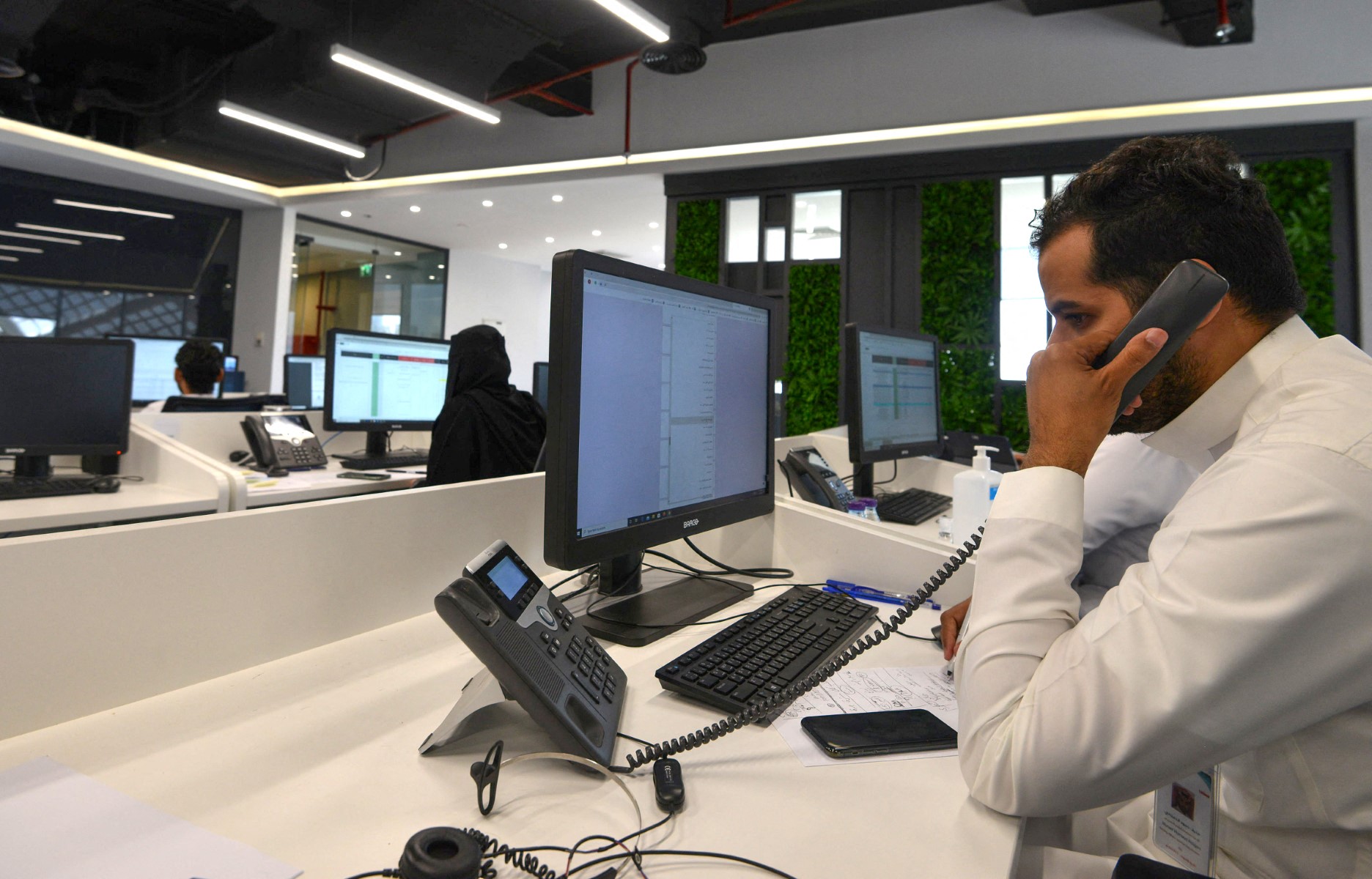Dubai, UAE – The MENA region is emerging as a global leader in the freelance economy, reveals a report by Outsized, a leading on-demand talent platform in the Middle East, Asia-Pacific, and Africa. Freelancer registrations on Outsized’s platform surged by 142 percent in 2023, a clear indicator of the growing demand for independent skilled professionals.
This trend starkly contrasts the global downturn witnessed in the US and Europe. MENA companies, particularly those in the IT, banking, finance, real estate, construction, energy, and hospitality sectors, actively embrace agile workforce models. This shift allows them to adapt swiftly to market fluctuations and seize unforeseen opportunities.
The Outsized report delves deeper, identifying the top skills in demand across the MENA region. Unlike the global trend where technology and data analysis dominate, MENA businesses require a broader skillset. This includes finance, risk management, product development, sales, marketing, and change management expertise.
Emerging trends like Environmental, Social, and Governance (ESG) initiatives, data analytics, and procurement are expected to fuel the demand for local and international independent talent.
The MENA region’s on-demand talent pool boasts a distinct advantage: experience. According to the report, independent professionals in the area possess an average of 10.1 years of expertise, surpassing the average in the larger APAC and Africa regions. Day rates for MENA professionals are also competitive, standing at US$ 309, ranking third behind Southeast Asia and Africa.
Azeem Zainulbhai, Co-founder and Chief Product Officer at Outsized, emphasizes the growing recognition of the value proposition offered by on-demand talent: “In high-growth markets like the MENA region, businesses are increasingly appreciating the agility and specialized expertise that independent professionals provide. Our platform connects skilled talent with leading organizations, dispelling the myth that the gig economy caters solely to low-skill work.”
The rapid modernization and digital transformation sweeping across the MENA region necessitate agile work models. Traditional hiring practices often struggle to meet the demand for niche expertise, creating a critical bottleneck for many companies. The technology sector, in particular, faces acute skill gaps, hindering the adoption of new technologies. Consulting firms, especially in Saudi Arabia and the UAE, often source talent globally to remain competitive due to the limited local pool of specialized skills.
This is where platforms like Outsized offer a compelling solution. Companies can access a diverse pool of pre-vetted, skilled professionals across various fields to fill temporary gaps or manage fluctuating workloads. A unique “Virtual Bench” feature empowers businesses to create an “always-on” talent pool. Companies can quickly deploy skilled resources to address specific needs through a user-friendly dashboard, streamlining project completion times.
Leveraging on-demand talent offers numerous benefits. Companies can adopt leaner business models, minimizing idle time and operational costs by engaging independent consultants only when needed. Integrating freelancers into teams fosters innovation and knowledge transfer, leading to fresh perspectives and creative problem-solving approaches. Additionally, the “try before you buy” aspect allows companies to assess potential permanent hires based on real-world performance.
Looking ahead, 2024 is poised to evolve further towards a more holistic approach to talent management. Businesses will not only utilize independent professionals for specific projects but view them as a strategic advantage to be used proactively at scale. Partnering with global talent platforms like Outsized empowers companies to build inclusive work environments that harness the full potential of both permanent and independent professionals. This shift towards a more agile workforce model will be crucial for businesses in the MENA region to capitalize on the vast opportunities arising from modernization and digital transformation.








